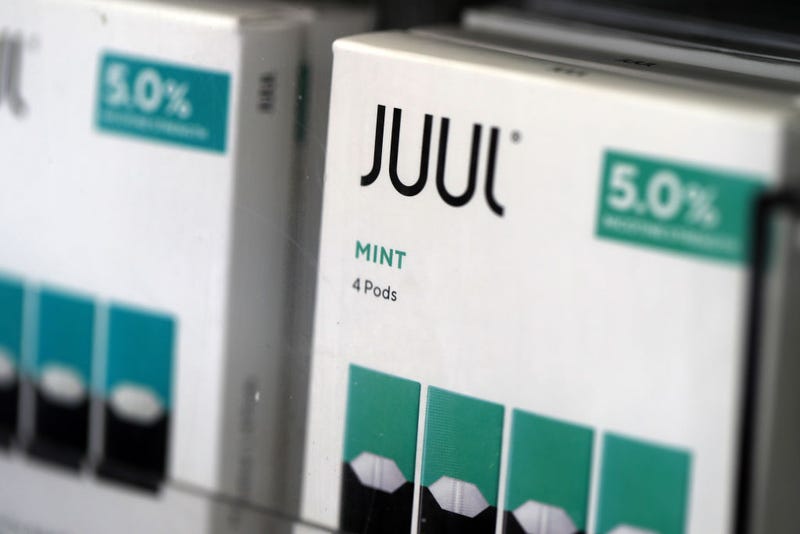
Controversial e-cigarette manufacturer Juul has agreed to pay North Carolina $40 million, settling the first of several lawsuits claiming the company’s marketing practices lead to addiction by young adults and teenagers.
North Carolina Attorney General Josh Stein made the announcement on Monday.
"For years, JUUL targeted young people, including teens, with its highly addictive e-cigarette," Stein said in a statement. "It lit the spark and fanned the flames of a vaping epidemic among our children – one that you can see in any high school in North Carolina."
Juul is set to pay North Carolina $40 million over the next six years. Stein’s office clarified the funds would be used to pay for programs designed to help people quit e-cigarettes, prevent addiction and research.
Among several business conditions the company agreed to in North Carolina as part of the settlement, Juul will no longer issue marketing that appeals to anyone under 21, not utilize social media or influencers as part of its advertising approach, not issue any claims comparing health impacts of Juul versus cigarettes and not alter nicotine or issue new flavors without prior authorization from the U.S. Food and Drug Administration.
The company, based in San Francisco, also agreed to administer a retailer compliance secret-shopper program in the state.
In response to the settlement, a Juul spokesperson on Monday provided the following statement to KCBS Radio: "This settlement is consistent with our ongoing effort to reset our company and its relationship with our stakeholders, as we continue to combat underage usage and advance the opportunity for harm reduction for adult smokers. Importantly, we look forward to working with Attorney General Stein and other manufacturers on the development of potential industry-wide marketing practices based on science and evidence. In addition, we support the Attorney General’s desire to deploy funds to generate appropriate science to support North Carolina’s public health interventions to reduce underage use.
"We seek to continue to earn trust through action. Over the past two years, for example, we ceased the distribution of our non-tobacco, non-menthol flavored products in advance of FDA guidance and halted all mass market product advertising. This settlement is another step in that direction."
The suit was filed by Stein in May 2019.
Several other states, including California and New York, have filed similar lawsuits. Juul also faces ongoing challenges from the Federal Trade Commission and the FDA, which is expected to rule by September whether the company and similar products are "appropriate for the protection of public health" and can continue to be sold, as reported by The New York Times.
LISTEN on the Audacy App
Sign Up and Follow Audacy
Facebook | Twitter | Instagram